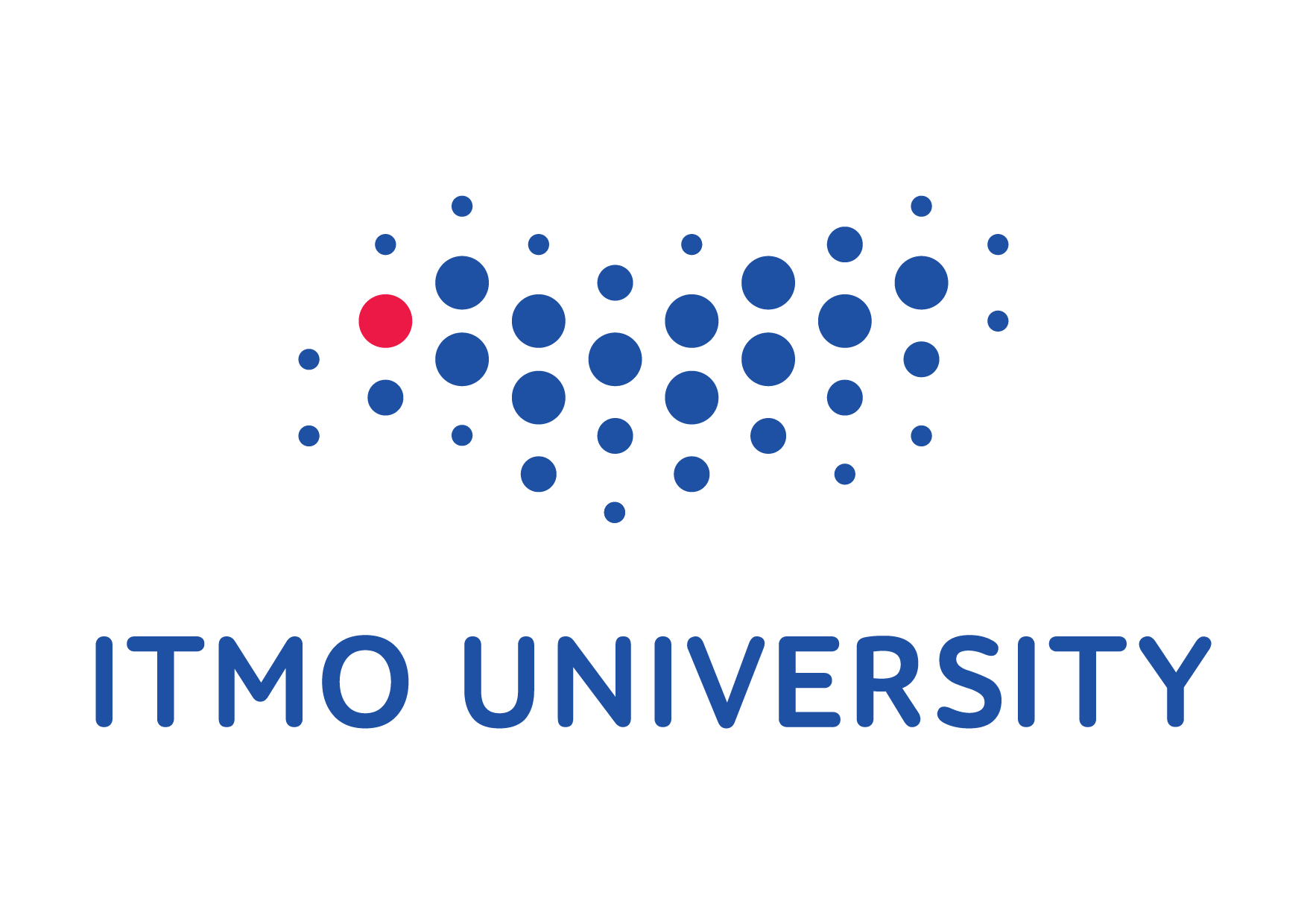ITMO: Experts Discuss Future of Russian Esports
Following Team Spirit’s win in the Dota 2 world championship The International 10, Russian experts have once again begun to discuss the development prospect of esports and whether it could one day become a recognized Olympic sport. How should this be done? Do universities need educational programs in esports? And how does gaming affect players’ health? These and other questions were discussed at a TASS press conference on the development of esports.
Among the press conference’s participants were: Savelii Braga, esports project manager at ITMO’s KronBars sports club; Artur Godlevsky, VP of the St. Petersburg Federation of Computer Sports; Irina Bogdanovskaya, an associate professor at the Herzen University’s Institute of Psychology; Dmitry Butko, head of the Department of Medical Rehabilitation and Sports Medicine at the St. Petersburg State Pediatric Medical University; and Svetlana Zhurova, a deputy of the Russian State Duma.
As Artur Godlevsky noted, there have been rumblings of esports’ inclusion in the list of Olympic sports for a long time, but so far the initiative has been impeded by difficulties related to various regulations. For instance, staging an esports competition requires permission from the game’s developer for use of their intellectual property – and not all developers are willing to grant one. Today, the St. Petersburg Federation of Computer Sports is concerned with that exact issue.
According to ITMO’s esports project manager Savelii Braga, esports athletes don’t really need the Olympics – but the Olympics need esports. Not all students today are eager to play for their university’s benefit – a majority plays for the prize. He hopes that the recognition of esports by the Olympic Games would evoke a sense of pride in players and motivate them to play for something bigger.
Svetlana Zhurova, a deputy of the State Duma (a key legislative body of the Russian government – Ed.), stated that it’s also important to thoroughly consider what should fall under the definition of doping, as well as to evaluate the effects of esports on players’ health.
Potential health risks were also spoken of by Dmitry Butko, head of the Department of Medical Rehabilitation and Sports Medicine at SPbSPMU. According to the expert, any game can form a dependence, in one way or another, which may result in negative consequences. In the worst case scenario, players who spend long periods of time by the computer can suffer from issues of the musculoskeletal system, asthenia, depression, and other disorders.
Irina Bogdanovskaya pointed out that not all players would be able to become professional athletes. In addition to exhibiting high reaction speeds, they must be able to make quick decisions, think strategically, and have good spatial thinking skills, motivation, and teamwork skills. All in all, a player’s success lies in both their nervous system and their cognitive abilities.
Nevertheless, Russian universities still harbor plans of launching esports-based educational programs. Artur Godlevsky shared that the Bonch-Bruevich Saint Petersburg State University of Telecommunications is offering extracurricular classes, but cannot make them compulsory due to the lack of a federal educational standard for the discipline. In his opinion, universities shouldn’t teach students to play, but instead foster competencies that would come in handy for any player: programming, marketing, or livestream hosting skills.
Savelii Braga agreed with this assessment and noted that ITMO University is currently looking into establishment of a continuous professional development program in gaming data analysis. The choice of this subject was dictated by the fact that in esports, results are measured in numbers, but there are not enough specialists capable of quickly and correctly handling that type of data. At the same time, the university is investing in its student environment and developing an esports management course in collaboration with the KronBars student sports club.
“This will be an open course. Our main emphasis will be on managers of student teams who are just getting started. Most of the course material will be based on cases from our practice. Participants will benefit from having an understanding of esports and its specifics, but since this is an introductory course, even those without experience or knowledge of the subject will be able to master it. We’ll be talking about existing opportunities, tools, and methods for managers that students might not yet be aware of. In this manner, we want to pass our experience and knowledge onto a new generation of specialists that will replace those who are graduating today,” said Savelii Braga.

